Episode 140. The Universal Passion
SOCIAL SHARE
SUBSCRIPTION PLATFORM

For Christians, this week is probably the most central to the theology of their faith, focusing as it does on the story of the Passion of the Christ. My dear friend, the choral conductor and singer Kristina Boerger posted a fascinating meditation this week about her “complicated” relationship with this theology, and how the performance of music for Holy Week over the years has given her insight into some universal tenets about human nature and behavior. She very kindly agreed to read her essay for me to use as the basis of this week’s podcast, which features music written for, and associated with, the Passion. Composers featured include, from the Baroque era, Couperin, Schütz, Handel, and Bach (with Pergolesi right on the cusp); from the 19th century, Beethoven, Schubert, and Wolf; and from the 20th century, Hindemith, Szymanowski, Poulenc, Penderecki, Frank Martin, and Arvo Pärt. Featured singers include Régine Crespin, Irmgard Seefried, Peter Schreier, Gundula Janowitz, Richard Lewis, Florence Quivar, Andrzej Hiolski, Judith Raskin, Jorma Hynninen, Margaret Marshall, Benjamin Luxon, Muriel Smith, Walter Berry, Edda Moser, and Adele Addison, plus further encounters with several of the Swiss singers we explored last week (Hugues Cuénod, Maria Stader, Eric Tappy, Pierre Mollet, and Ernst Haefliger). Whether you are Christian, agnostic, atheist, Muslim, Jew, or fall into a different category altogether, there will be something here for you of value in this episode.
Kristina Boerger’s thought-provoking essay which inspired me in the creation of this episode is below:
I think you all know that I’m not religious. But each year at around this time, my vocation as a singer affords me special contemplation of the legend of Christ’s betrayal, arrest, and capital murder. I find that the legend – much like the dramas of Classical Antiquity – holds up a bracingly clear mirror to human behaviors today (thus providing, alas, a refutation to the naïve belief in the ethical progress of the species).
In times of persecution, wherever a leader steadfastly speaks up for what is true and right, other people in the drama will fall into the following roles, sealing the truth-teller’s fate as the scapegoat for systemic disease:
-As trouble approaches, the scapegoat’s companions – having formerly relied on the scapegoat – will skitter away on being entreated to stay and lend support.
-Someone once a close companion of the scapegoat will sell the scapegoat away with a betraying kiss.
-On being questioned, former companions will deny their relationships to the scapegoat.
-An official with power to exonerate the scapegoat, and knowing of the scapegoat’s innocence, will instead bow to the crowd screaming for the scapegoat’s head.
-Outsiders with no understanding of the details of the conflict will join the screaming, spitting crowd.
-Anyone able to see the scapegoat’s innocence through the fog of dysfunction will already have recognized having nothing worthwhile left to lose in publicly defending the scapegoat (as in: the convicts to either side, already dying on the gallows).
There is another option available in the story: remaining true to the scapegoat, but from a position of such powerlessness that this loyalty does not even register on the plot radar before the scapegoat’s fate has been sealed. (I refer, of course, to the women in the story.)
In our real lives, all of these roles will be played every time. You can count on it.
There are other choices, too – ethical ones – that individuals can make; but the making of those choices is not so much to be counted on. If you’re going to place bets, stick with the options in the story, and then be happy if you lose your money to the surprise of an honorable outcome.
To sing the words and the music that this legend has inspired is to deeply integrate its lessons into the body. I can sing its incantations to myself in Latin and in German – most indelibly in the musical languages of Arvo Pärt and Johann Sebastian Bach. This morning I cantored in English from the Psalms that Christians take to presage Christ’s arrest and murder; these verses so poetically express the emotional mutilation of betrayal and isolation.
When I sing for these rituals in houses of worship, I am conscious of being surrounded by people who believe in the legend yet to follow, the legend that comes next Sunday. I feel jealous of the comfort this faith must bring them.
Earlier today I was challenged to write a liturgically appropriate haiku for the day. Here it is again, an attempt at self-encouragement:
Try believing it:
Your Judas will hang himself.
Your tomb will empty.
RECORDINGS HEARD IN THIS EPISODE
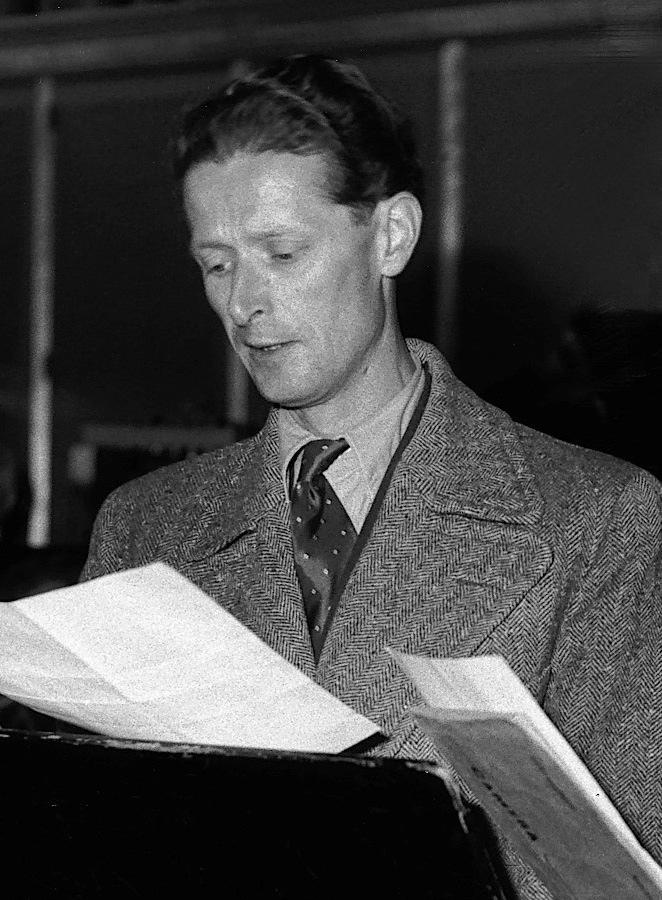
François Couperin: Incipit Lamentatio Jeremiae. Gimel. Migravit Juda (Première Leçon de Ténèbres). Hugues Cuénod, Daniel Pinkham, Alfred Zighera [1957]
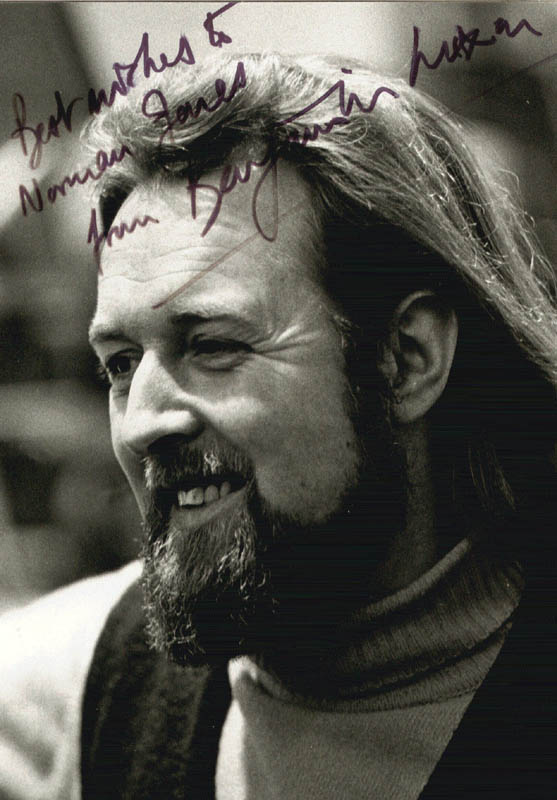
Hugo Wolf, Eduard Mörike: Karwoche (Mörike-Lieder). Benjamin Luxon, David Willison [1972]
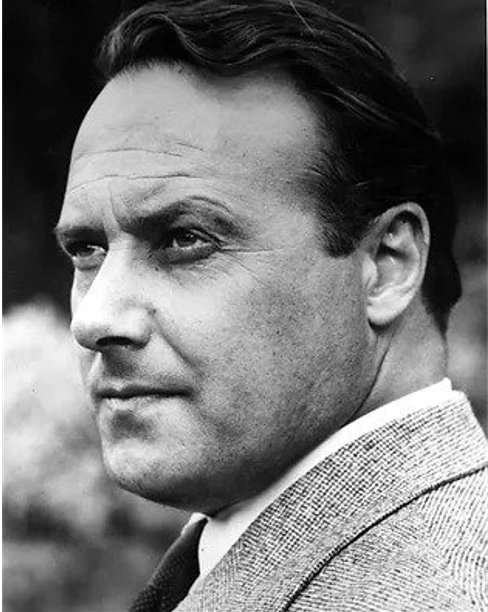
Ludwig Van Beethoven, Franz Xaver Huber: Meine Seele ist erschüttert (Christus am Ölberge, Op. 85). Richard Lewis, Eugene Ormandy, Philadelphia Orchestra [1966]
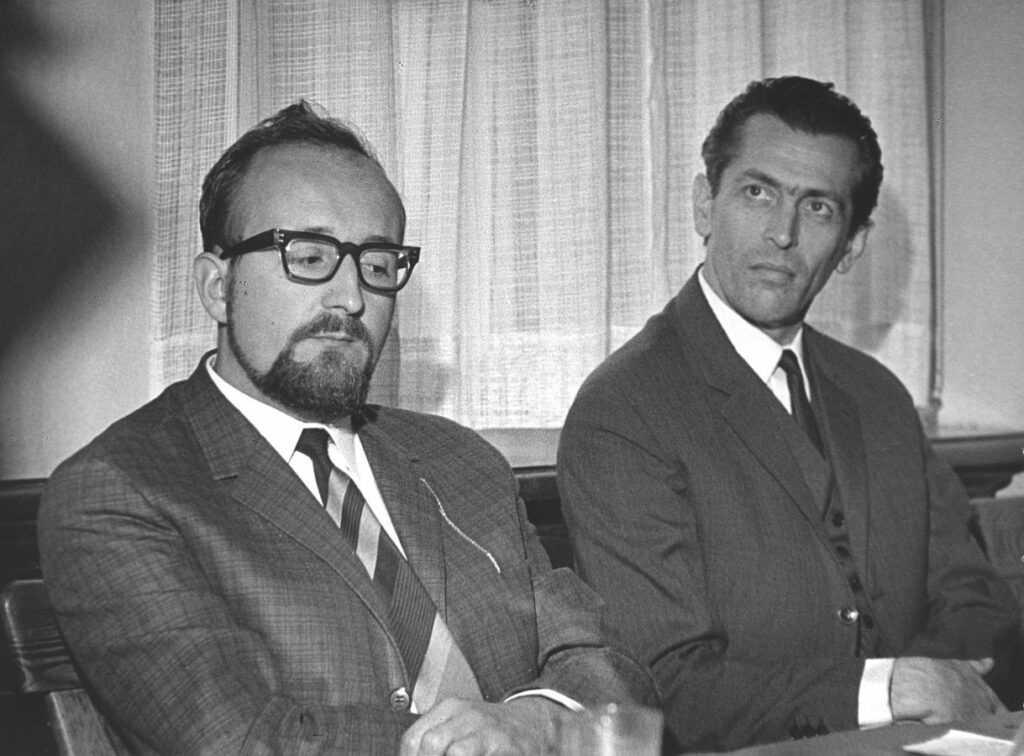
Krzysztof Penderecki: Et egressus ibat… Deus meus (Passio et Mors Domini Nostri Jesu Christi secundum Lukam). Andrzej Hiolski, Rudolf Jürgen Bartsch, Henryk Czyz, Kölner Rundfunk-Sinfonie-Orchester, Kölner Rundfunkchor [1967]
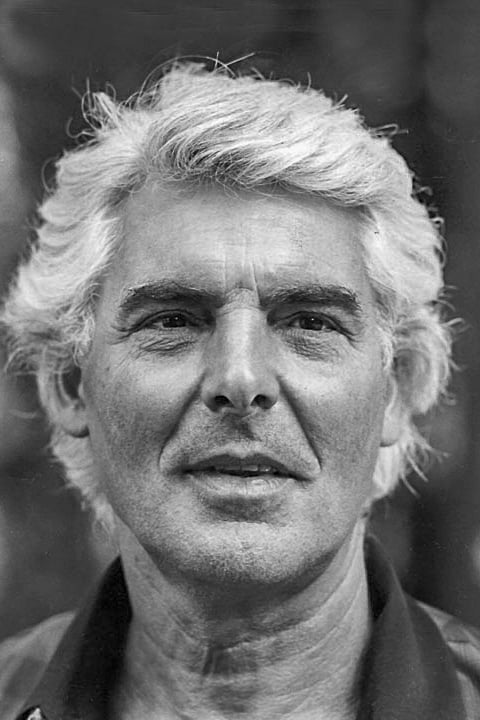
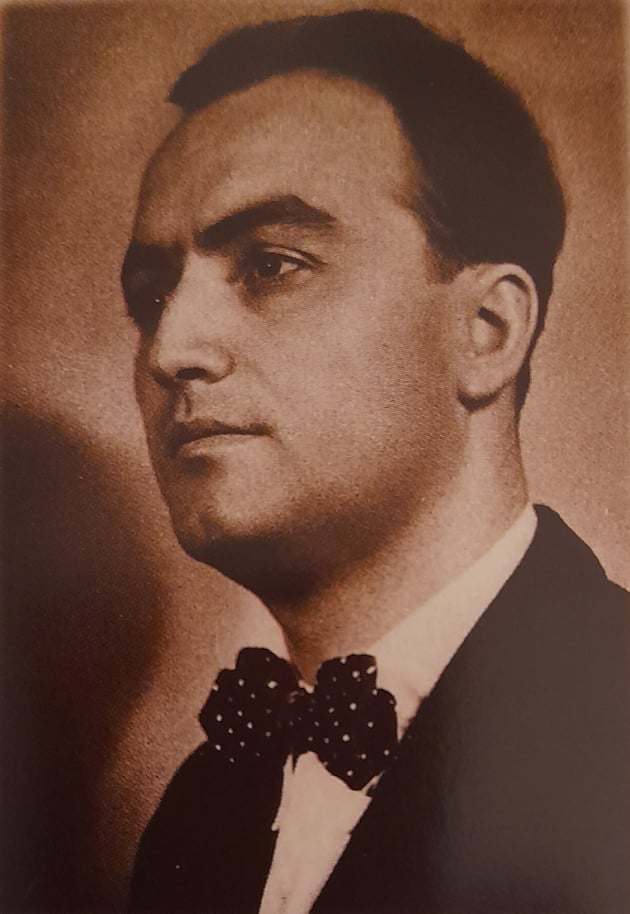
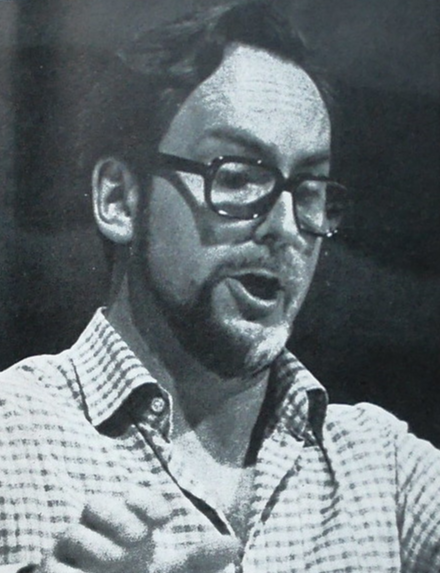
Frank Martin, texts from Bible and St. Augustine: Géthsémané [excerpt] (Golgotha). Wally Stämpfli, Marie-Lise de Montmollin, Eric Tappy, Pierre Mollet, Philippe Huttenlocher, Robert Faller, Paulette Zanlonghi, André Luy, Orchestre symphonique, Chœur Faller, Chœur de l’Université de Lausanne [1968]
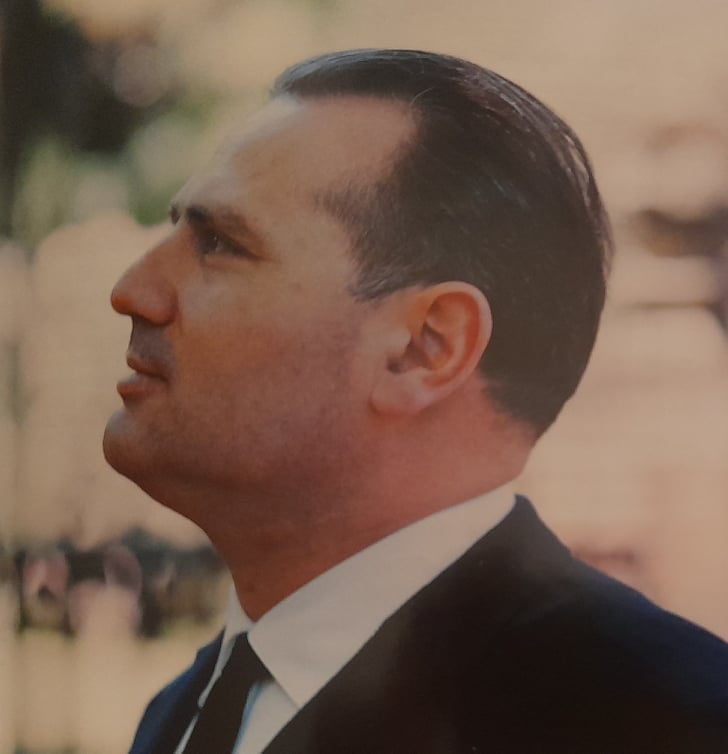
Johann Sebastian Bach: Simon Petrus stund und wärmete sich (Johannes-Passion, BWV 245). Ernst Haefliger, Franz Crass, Alexander Young, Eugen Jochum, Concertgebouw Orchestra, Nederlands Radio Koor [1967]
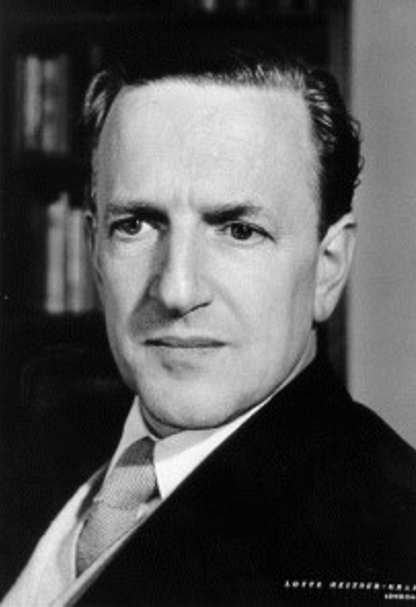
Heinrich Schütz: Jesus aber stund für dem Landpleger (Matthäus Passion, SWV 479). Peter Pears, John Shirley-Quirk, Benjamin Luxon, Meriel Dickinson, Roger Norrington, Heinrich Schütz Choir [1972]
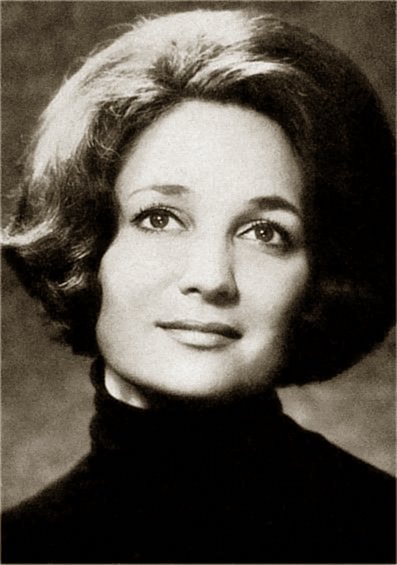

George Frideric Handel, Barthold Heinrich Brockes: Drum, Seele, schau… Dem Himmel gleicht (Brockes-Passion, HWV 48). Edda Moser, August Wenzinger, Schola Cantorum Basiliensis [1967]

Hugo Wolf, José de Valdivielso, German translation by Emanuel Geibel: Wunden trägst du, mein Geliebter (Spanisches Liederbuch). Jan DeGaetani, Gilbert Kalish [1974]

George Frideric Handel, Barthold Heinrich Brockes: Die zarten Schläfen… Jesu, dich mit unsern Seelen (Brockes-Passion, HWV 48). Maria Stader, August Wenzinger, Schola Cantorum Basiliensis [1967]
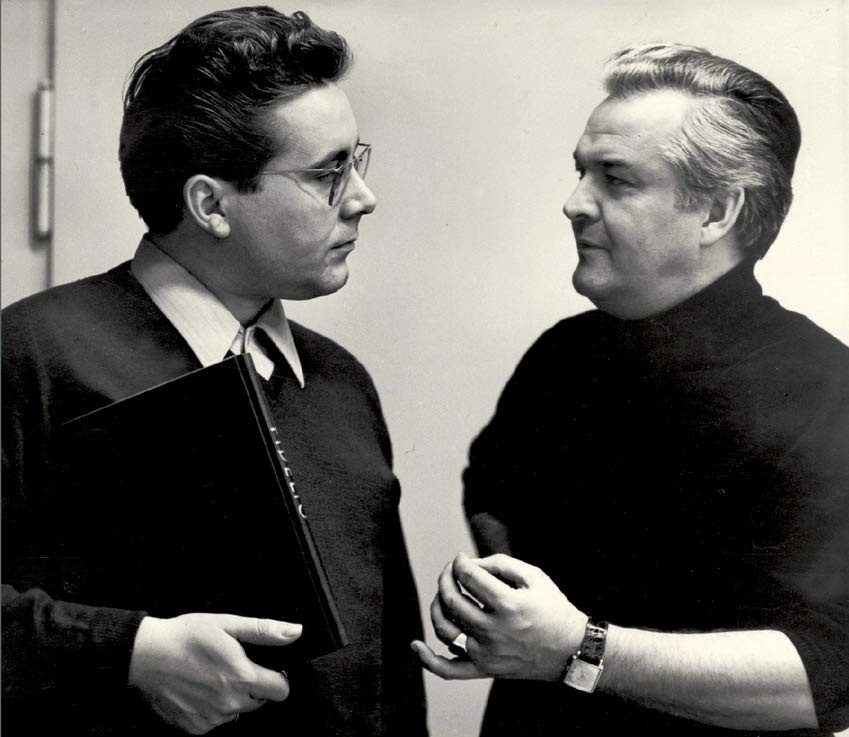
Heinrich Schütz: Es verspotteten ihn auch (Lukas-Passion, SWV 480). Peter Schreier, Theo Adam, Rolf Apreck, Hans-Joachim Rotzsch, Rudolf Mauersberger, Dresdner Kreuzchor [1965]

Franz Schubert, Friedrich Schlegel: Vom Mitleiden Mariä, D.632. Gundula Janowitz, Irwin Gage [1977]
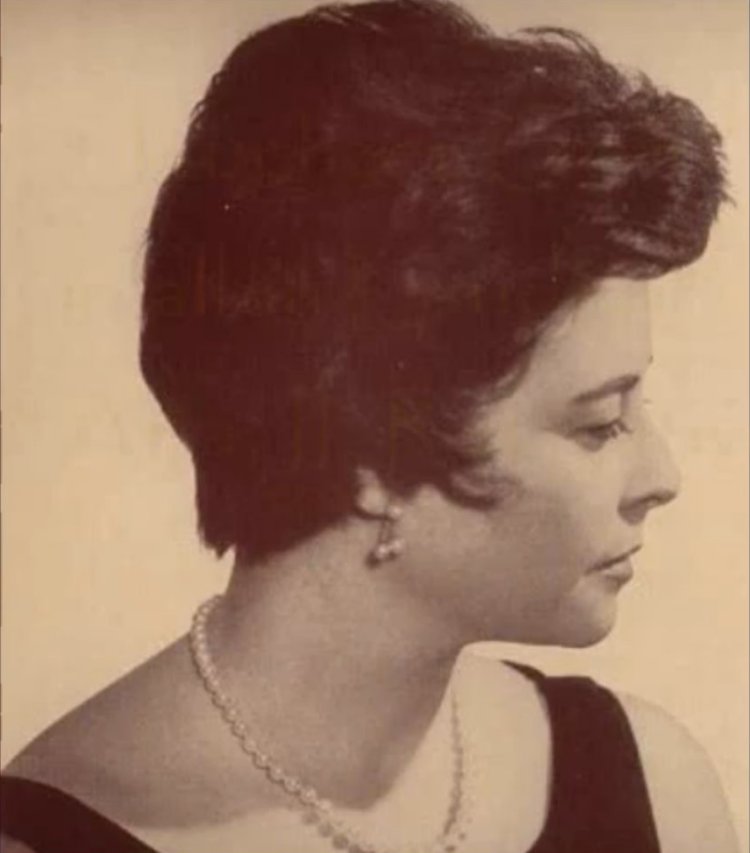

Giovanni Battista Pergolesi: Stabat Mater dolorosa (Stabat Mater). Judith Raskin, Maureen Lehane, Franco Caracciolo, Orchestra Rossini di Napoli [1964]


Karol Szymanowski, Polish translation by Jozef Janowski: O Matko, zródlo wszechmilosci [Eia Mater, fons amoris] (Stabat Mater, Op. 53/3). Florence Quivar, Elzbieta Szmytka, Simon Rattle, City of Birmingham Symphony Orchestra [1994]
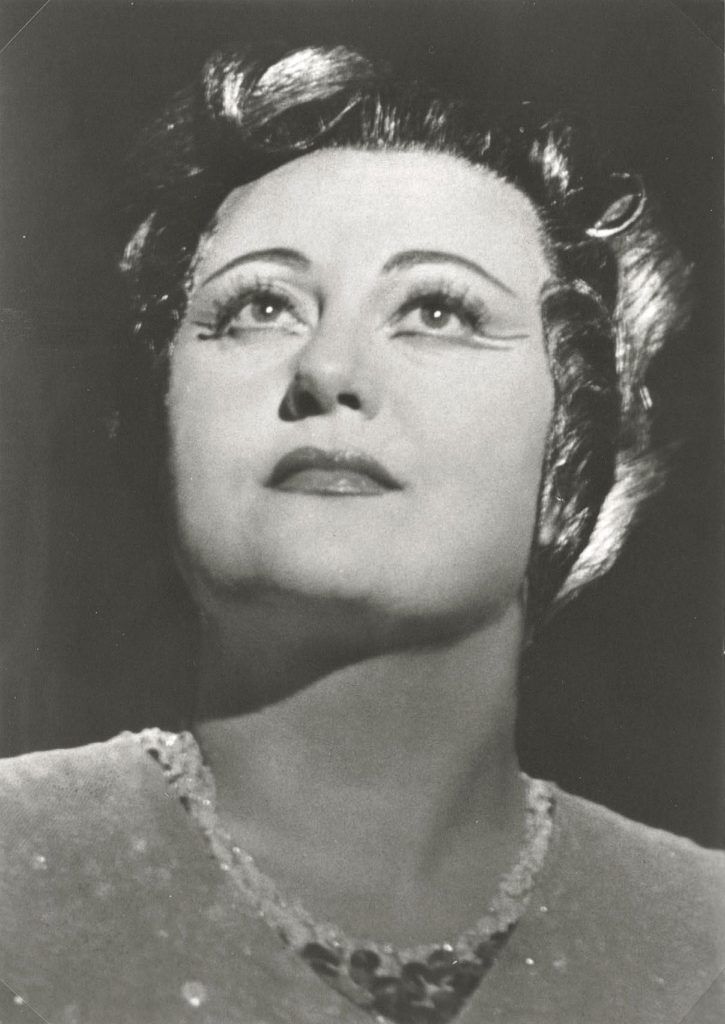
Francis Poulenc: Vidit suum dulcem natum (Stabat Mater). Régine Crespin, Georges Prêtre, Orchestre de la Société des Concerts du Conservatoire, Chœurs René Duclos [1964]
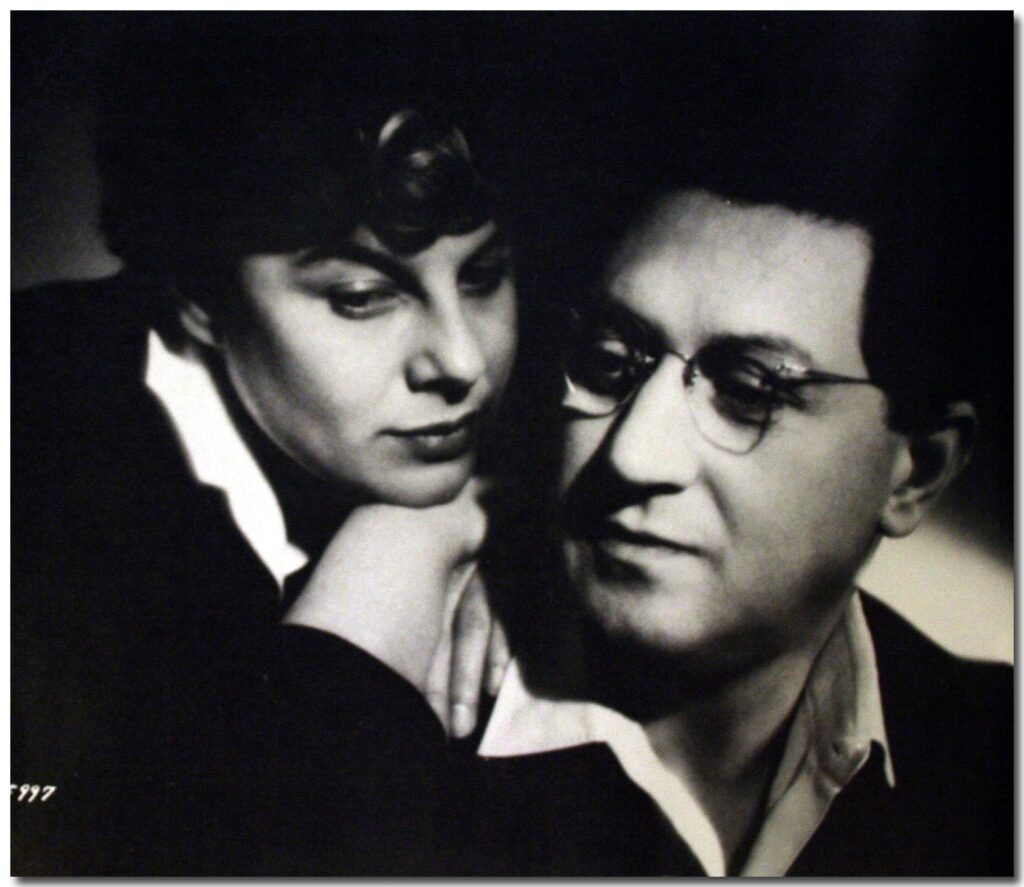
Frank Martin: Stabat Mater (Maria Triptychon). Irmgard Seefried, Wolfgang Schneiderhan, Frank Martin, Orchestre de la Suisse Romande [live Geneva 03.IX.1970]
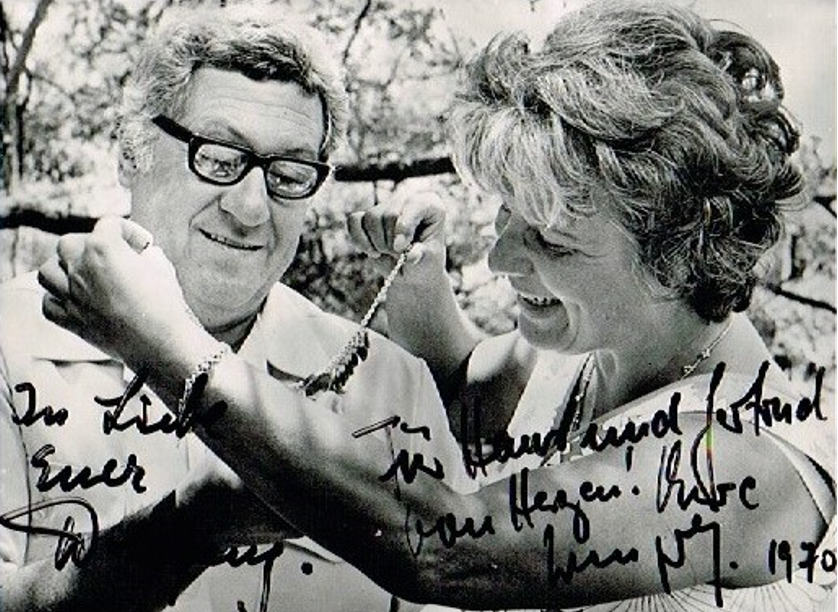
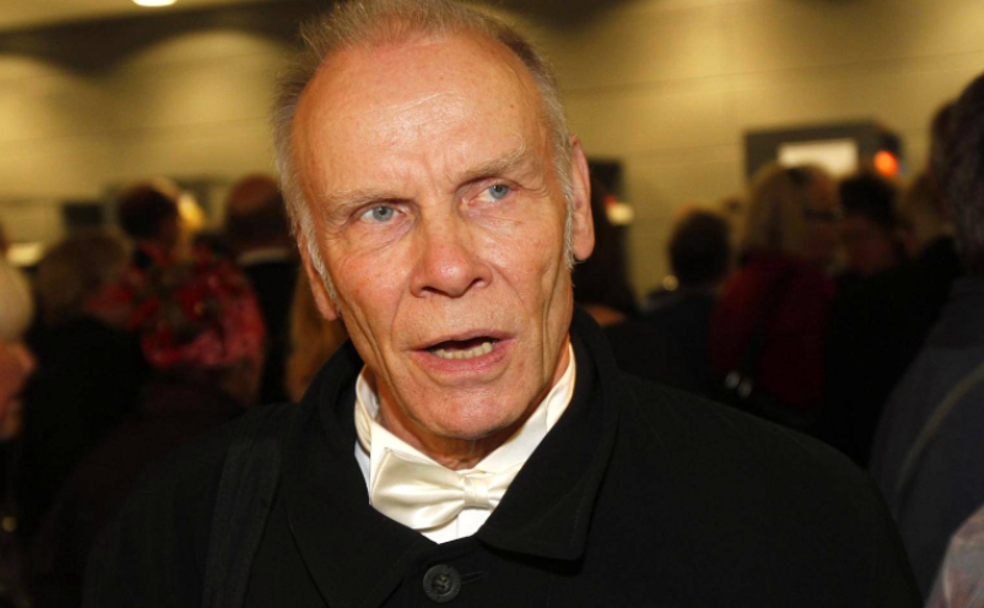
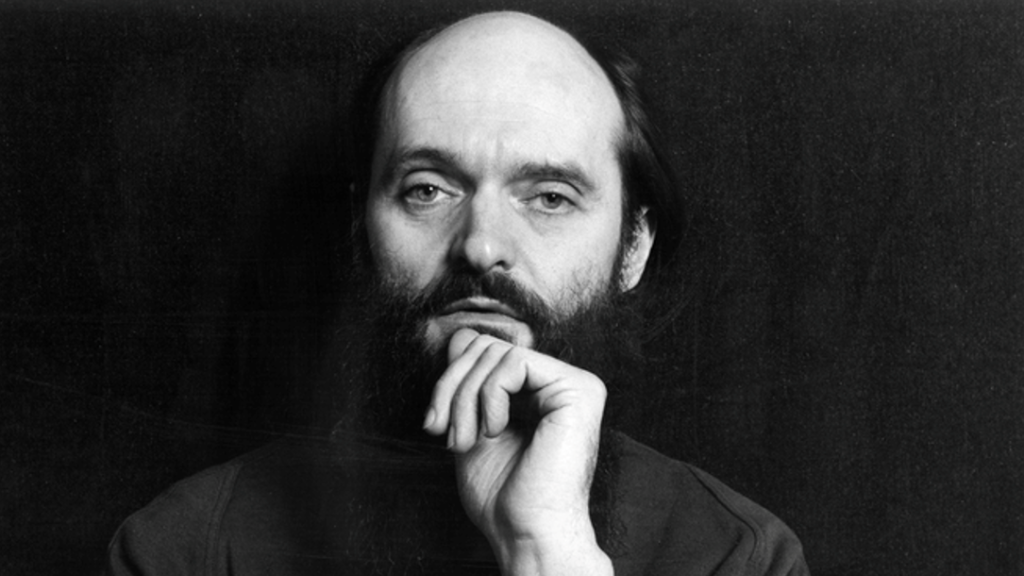
Arvo Pärt: Cum vidissit ergo Jesus Matrem (Passio Domini nostri Jesu Christi secundum Joannem). Jorma Hynninen, Topi Tuuli Lindeberg, Teppo Lampela, Jukka Vaari, Hannu Holma, Tauno Satomaa, Kari Jussila, Jukka Rantamäki, Marja Talka, Bridget Allaire-Mäki, Janne Aalto [2000]
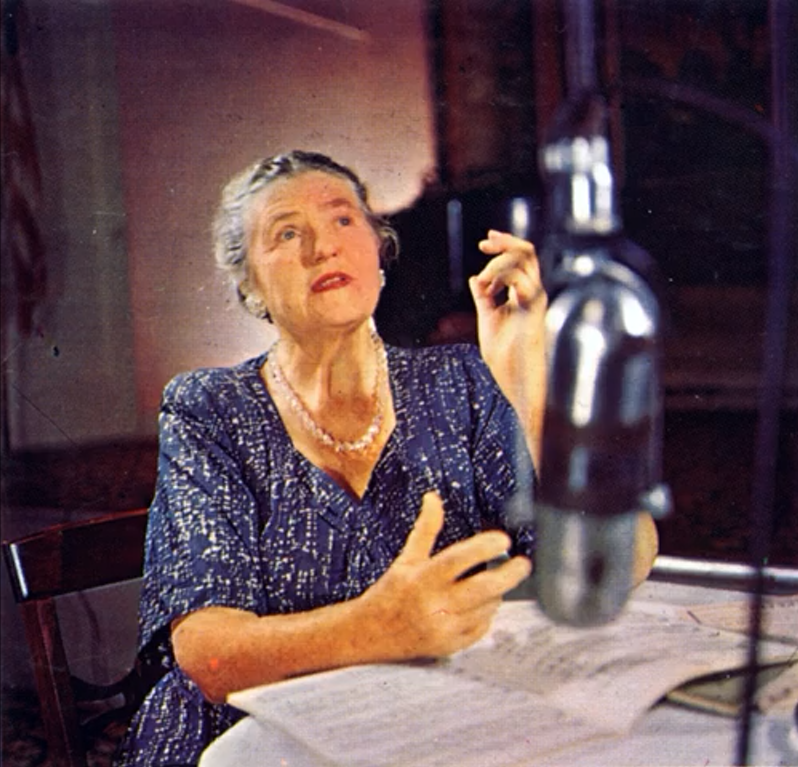
Rainer Maria Rilke: Pietà (Das Marienleben, No. 11). Lotte Lehmann [1958]

Paul Hindemith, Rainer Maria Rilke: Pietà (Das Marienleben, Op. 48/11 [revised version]. Jennie Tourel, Erich Itor Kahn [1954]
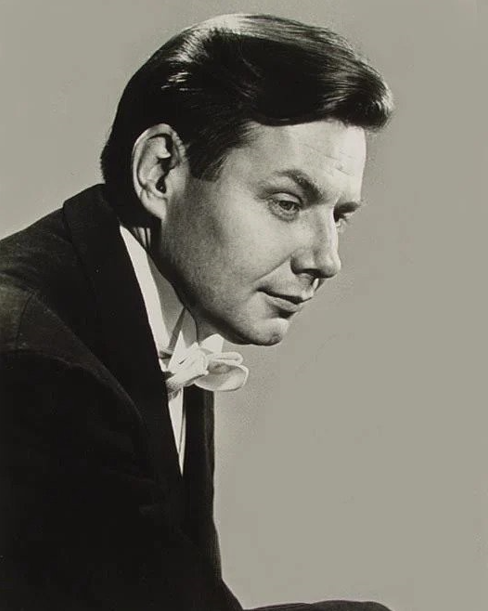

Johann Sebastian Bach: Dissolve, o my spirit [Zerfliesse, mein Herze] (St. John Passion, BWV 245). Adele Addison, Robert Shaw, Julius Baker, Robert Bloom, Bernard Greenhouse, RCA Victor Symphony Orchestra [1950]
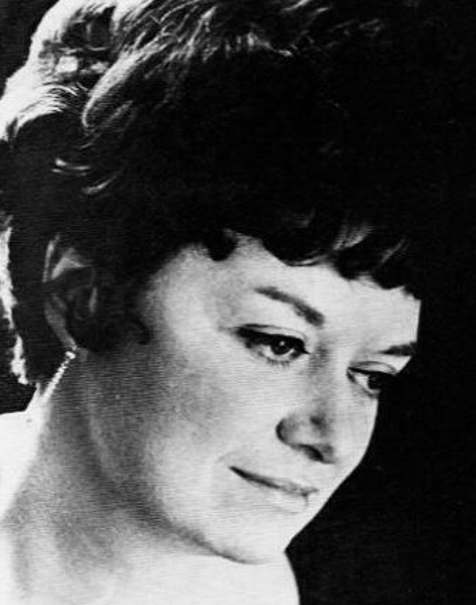

Giovanni Battista Pergolesi: Fac ut ardeat cor meum (Stabat Mater). Margaret Marshall, Alfreda Hodgson, Günter Kehr, Mainzer Kammerorchester [1978]
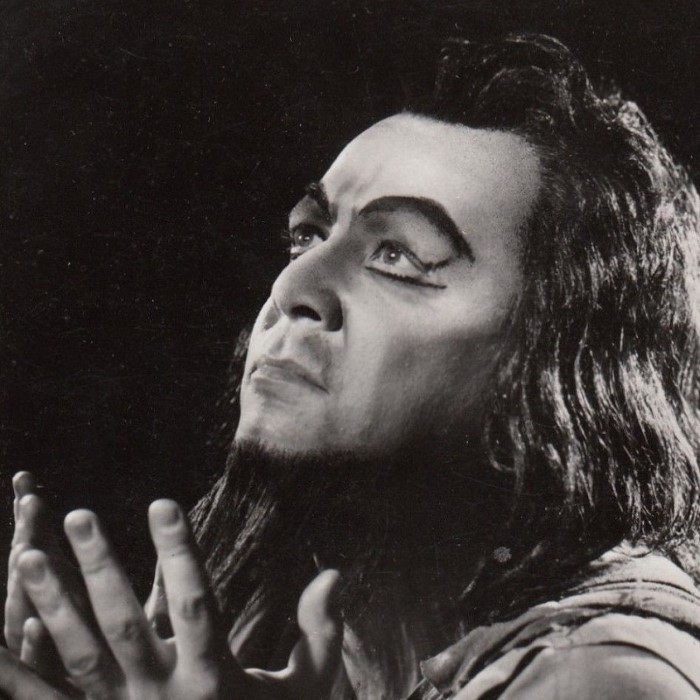
Johann Sebastian Bach: Mache dich, mein Herze rein (Matthäus-Passion). Walter Berry, Herbert von Karajan, Berliner Philharmoniker [1973]

Traditional Spiritual: Were You There. Muriel Smith [1955]
